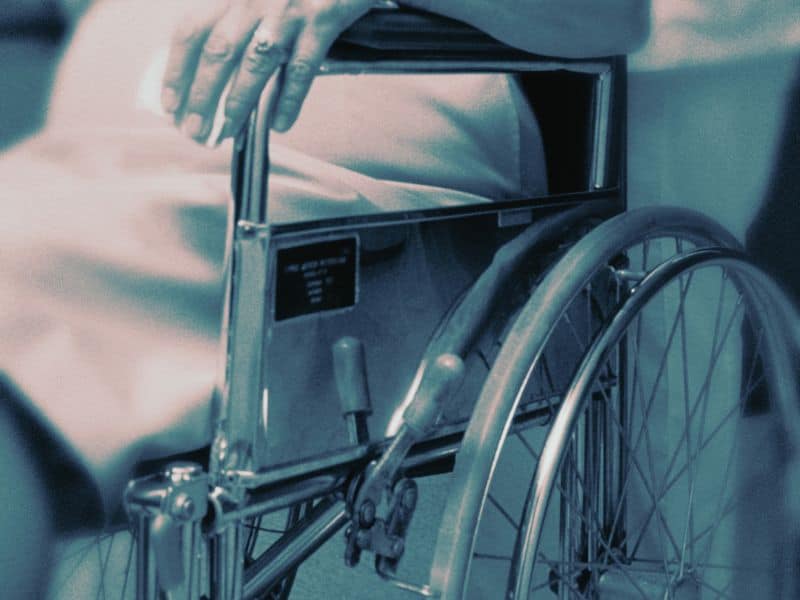THURSDAY, April 11, 2019 (HealthDay News) — A myoelectric computer interface (MyoCI) training paradigm that provides intuitive feedback about muscle activation patterns is well tolerated and can reduce abnormal coactivation among stroke survivors, according to a study published online March 19 in Neurorehabilitation and Neural Repair.
Emily Mugler, Ph.D., from Northwestern University in Chicago, and colleagues examined the tolerability and effects of MyoCI training for chronic stroke survivors with moderate-to-severe arm impairment. Participants were randomly assigned to three groups. During six weeks, two groups tested different doses of isometric MyoCI (60 versus 90 minutes) and one tested MyoCI without arm restraint.
The researchers found that MyoCI training of three muscle pairs significantly reduced impairment by 3.3 ± 0.6 and 3.1 ± 0.7 (Fugl-Myer Assessment) at weeks 6 and 10, respectively, among all 32 participants. Significant improvement was seen in all groups from baseline, with no significant between-group differences. At weeks 6 and 10, there was also improvement in participants’ lab-based and home-based functions. For all participants, there was a decrease in spasticity and improvement in elbow range of motion. Significant improvement was noted in both moderately and severely impaired participants. MyoCI reduced abnormal coactivation that seemed to transfer to reaching in the movement group.
“The beauty of this is even if the benefit doesn’t persist for months or years, patients with a wearable device could do a ‘tune-up’ session every couple weeks, months, or whenever they need it,” a coauthor said in a statement.
Abstract/Full Text (subscription or payment may be required)
Copyright © 2019 HealthDay. All rights reserved.



